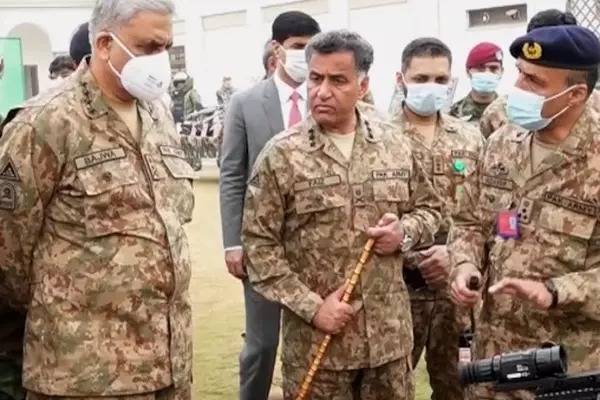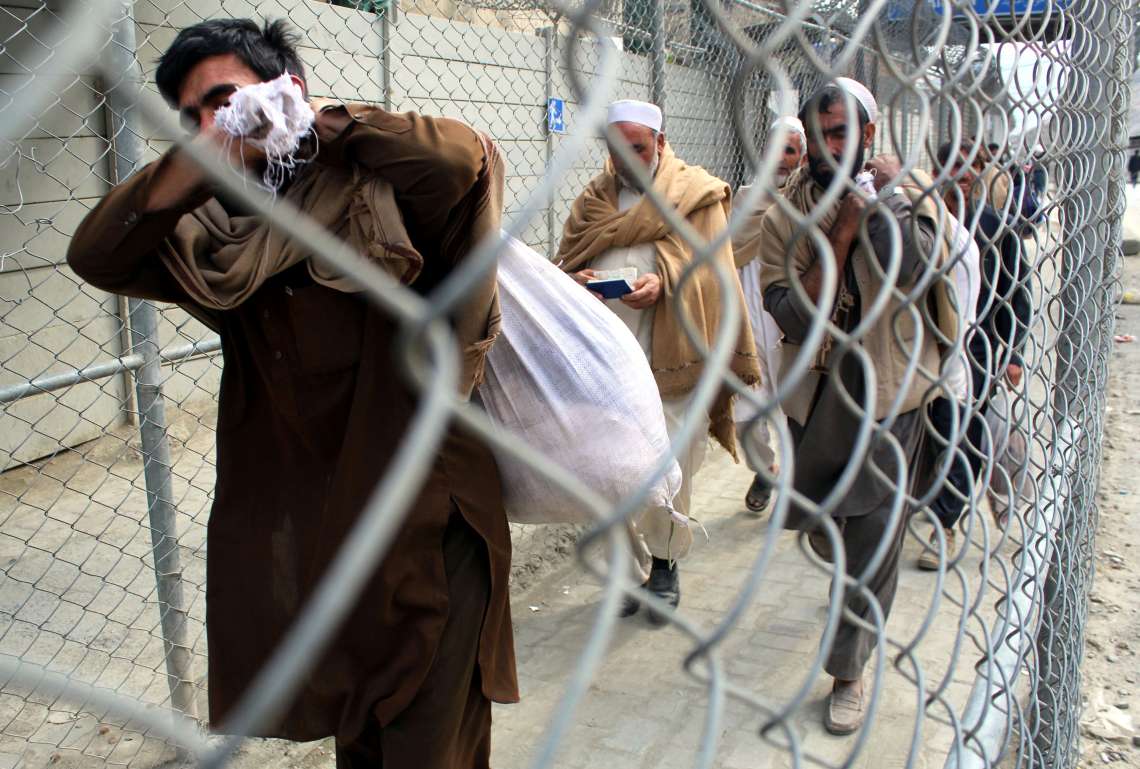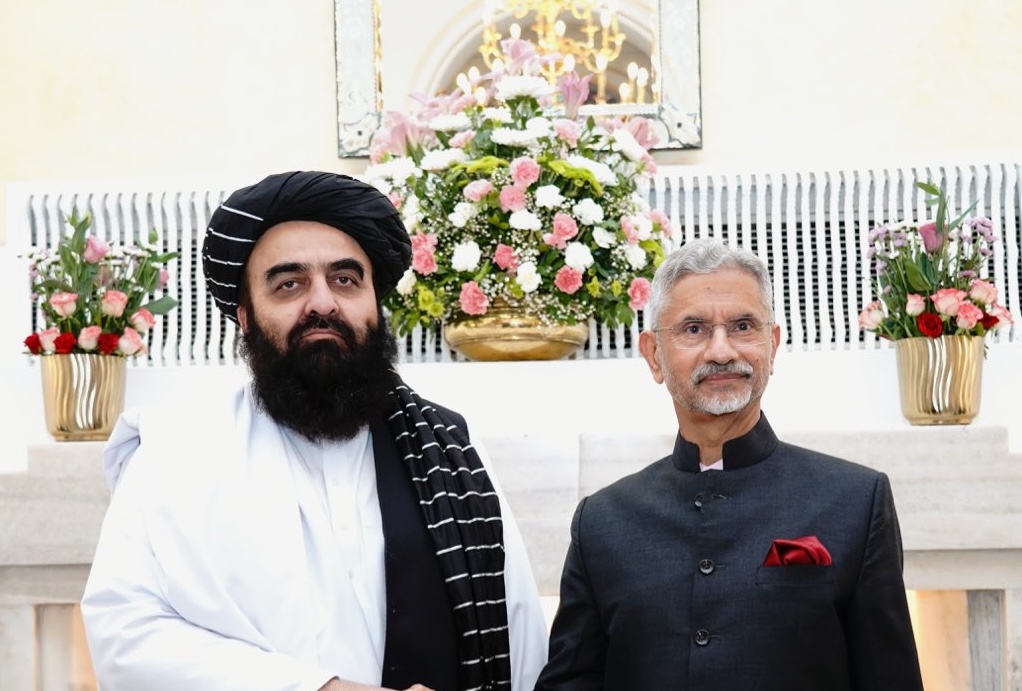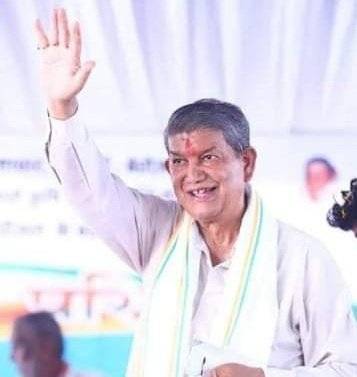Bajwa instructed the former ISI chief Lt Gen Faiz Hameed Bajwa, who is now the Peshawar Corps Commander, to finish the “fencing job” despite the violent protests…writes Mrityunjoy Kumar Jha
Amid the tension on the fencing on the Durand Line between the Taliban and Pakistan, Pakistani Army Chief General Qamar Javed Bajwa visited the disputed Durand Line on Thursday to take stock of the situation.
“We will restore full security in Pakistan and we will not leave the blood of our dead unanswered, we will fence the remaining 200 km of the border,” Bajwa told his troops.
According to Pakistani sources, Bajwa instructed the former ISI chief Lt Gen Faiz Hameed Bajwa, who is now the Peshawar Corps Commander, to finish the “fencing job” despite the violent protests from the Taliban fighters.
“Enough is enough, we have been observing maximum restraint to avoid any escalation in tensions but no more,” Bajwa reportedly told his Commander Lt Gen Hameed.
Bajwa was also furious with the increased attacks on his troops by the banned militant organisation Tehreek-e-Taliban Pakistan (TTP).
On Monday, the TTP militants attacked a police party in the heart of the capital Islamabad killing two senior police officials in a rare overnight raid.
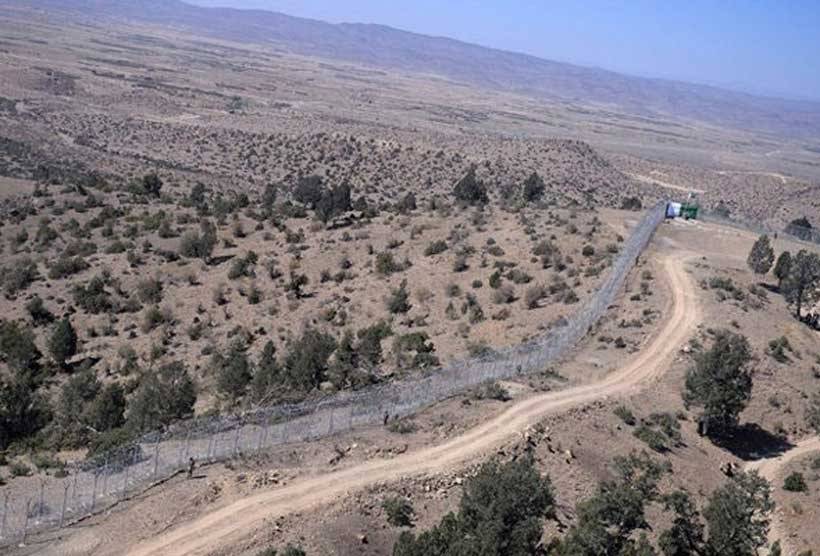
What made Bajwa furious was that instead of condemning the attacks, the Taliban leaders have been daring Pakistani forces to carry out the fencing on the border. The Pakistani military establishment believes that the TTP is planning some major attacks in the country.
“Both (TTP and the Taliban) are two sides of the same coin,” Bajwa reportedly said.
Pakistani watchers say that there is growing friction in the Pakistan-Taliban relationship over two major issues — fencing and the TTP, following which the Pakistani military leadership is facing domestic political pressure to recalibrate. Pakistani generals thought that helping the Taliban to capture power will end its problems of the TTP and border problems but to their dismay, these problems have been aggravating taking more violent turns.
“Pakistan’s military establishment is aware of the Taliban’s hostile perception of Pakistan. This is one of the reasons for the military actively pursuing the fencing of the border,” says a Pakistani journalist.
(The content is being carried under an arrangement with indianarrative.com)


